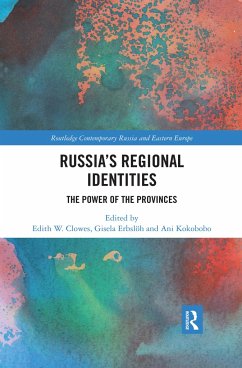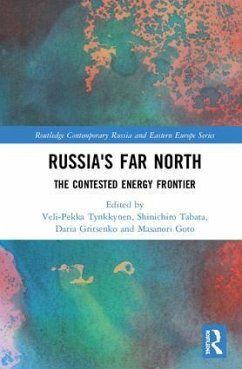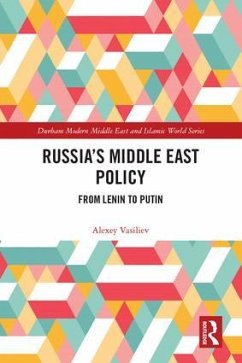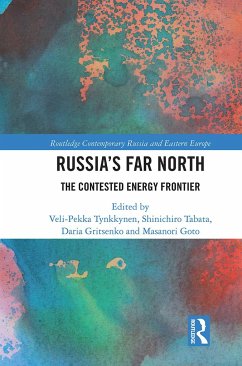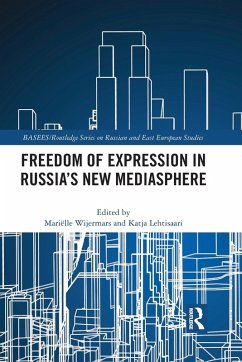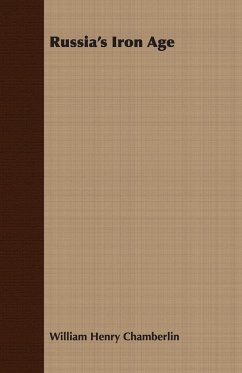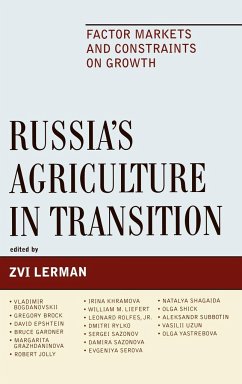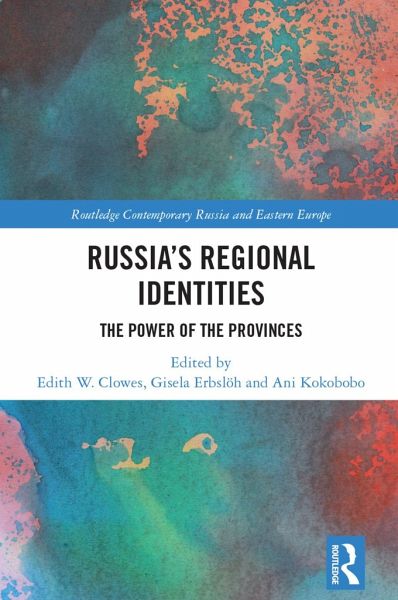
Russia's Regional Identities
The Power of the Provinces
Herausgeber: Clowes, Edith; Kokobobo, Ani; Erbslöh, Gisela
Versandkostenfrei!
Versandfertig in 1-2 Wochen
213,99 €
inkl. MwSt.
Weitere Ausgaben:

PAYBACK Punkte
107 °P sammeln!
Contemporary Russia is often viewed as a centralised regime based in Moscow, with dependent provinces, made subservient by Putin's policies limiting regional autonomy. This book, however, demonstrates that beyond this largely political view, by looking at Russia's regions more in cultural and social terms, a quite different picture emerges, of a Russia rich in variety, with different regional identities, cultures, traditions and memories. The book explores how identities are formed and rethought in contemporary Russia, and outlines the nature of particular regional identities, from Siberia and...
Contemporary Russia is often viewed as a centralised regime based in Moscow, with dependent provinces, made subservient by Putin's policies limiting regional autonomy. This book, however, demonstrates that beyond this largely political view, by looking at Russia's regions more in cultural and social terms, a quite different picture emerges, of a Russia rich in variety, with different regional identities, cultures, traditions and memories. The book explores how identities are formed and rethought in contemporary Russia, and outlines the nature of particular regional identities, from Siberia and the Urals to southern Russia, from the Russian heartland to the non-Russian republics.




